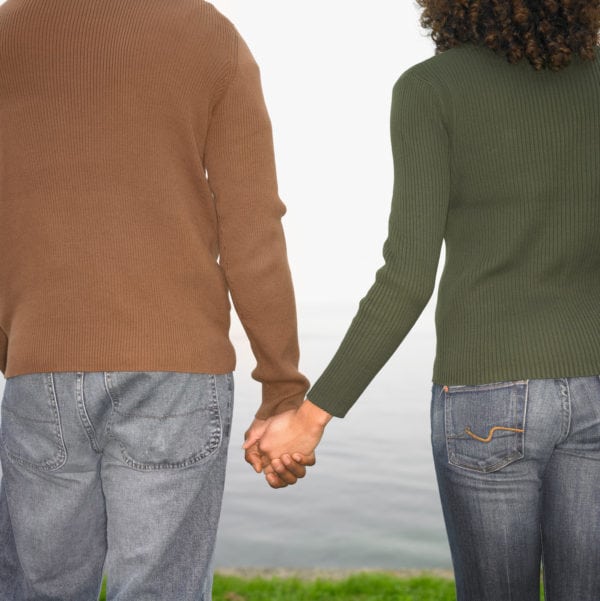Heterosexual black men were largely invisible at the 2015 United States Conference on AIDS, which was held September 10-13 in Washington, D.C., a long-term absence that will affect the future of the HIV/AIDS epidemic in black communities.
One in 16 black men will be diagnosed with HIV in their lifetimes, compared with 1 in 102 white men. Black women acquire HIV at a rate 20 times that of white women, yet little attention was paid to the role straight black men should play in combating the epidemic.
According to the Centers for Disease Control and Prevention, blacks account for 44 percent of all new HIV infections in the U.S., with heterosexual males making up 13 percent of new HIV infections, women 25 percent and MSM 51 percent, the CDC reports.
In general, health-care providers struggle to bring heterosexual black men into health-care settings.
“A lot of men feel like being sick is being weak, and so they don’t want to talk about health,” said Dawn Smith, M.D., a clinician and researcher at the CDC’s Division of HIV/AIDS Prevention.
In health care, the group identity that many black gay and bisexual men possess—but that straight black men often lack—operates in MSM’s favor. “Black MSM want to get in a room together because they have issues that they want to discuss,” Dr. Smith said. “Straight men don’t have that.”
As a result, MSM, black women and other groups are able to protest louder and garner desperately needed resources to fight HIV/AIDS in their demographic groups, she said.
The day before the USCA opened, the Black AIDS Institute hosted a preconference summit on black people and pre-exposure prophylaxis , which featured a breakout session to help health-care providers introduce heterosexual black men to PrEP, which can reduce the risk of HIV infection by up to 92 percent.
Kier Gaines, a college and career-development counselor at Kingsman Academy Public Charter School in Washington, D.C., and co-facilitator of the heterosexual men’s session, said getting straight black men to talk about HIV prevention is a tall order.
“You can contract HIV and for all intents and purposes look and feel fine for months,” he said. Most black men, he continued, believe health is only a concern when symptoms develop.
Gaines encounters the same resistance while pushing straight black men to get tested for HIV as he does when he’s encouraging them to get prostate exams: “It’s the same thing with diabetes and hypertension, so HIV testing is no different.”
A heterosexual man working as a health-care advocate specializing in STD prevention and awareness, Justin Wooley constantly fights HIV stigma and the misperception that HIV is simply a gay men’s disease.
“There’s almost no room for me to be an advocate,” said Wooley, a Black AIDS Institute consultant. “I always have to validate why I care about the epidemic as a heterosexual black man.”
Some HIV/AIDS activists say that the lack of focus on HIV among straight black men exists because of how many of them have been labeled. Rather than being described as heterosexual, many straight black men living with HIV/AIDS who also use injection drugs are characterized only as injection drug users. Black men account for 44 percent of HIV infections among IDUs. However, many heterosexual men who don’t inject drugs feel stigmatized by the widespread belief that the only straight men with HIV are IDUs.
Although down 21 percent since 2008, nearly 90 percent of new HIV infections among black women are due to heterosexual contact. But black women are not merely acquiring HIV from black MSM.
“We’re trying to pretend that all the men who are having sex with women are also having sex with men,” Dr. Smith said, referring to straight men who are HIV positive. “We have to break that up and say that there are black men who are only having sex with women, and they need to be a part of the conversation, too.”
For that to happen, heterosexual black men will need to make their voices heard.
“Nothing in the epidemic has happened without people from the various groups standing up and saying, ‘What about me?'” Dr. Smith said. “Straight black men have to stand up and say, ‘How come you’re having a whole conference and there are no sessions about me?'”
From the Black AIDS Institute





